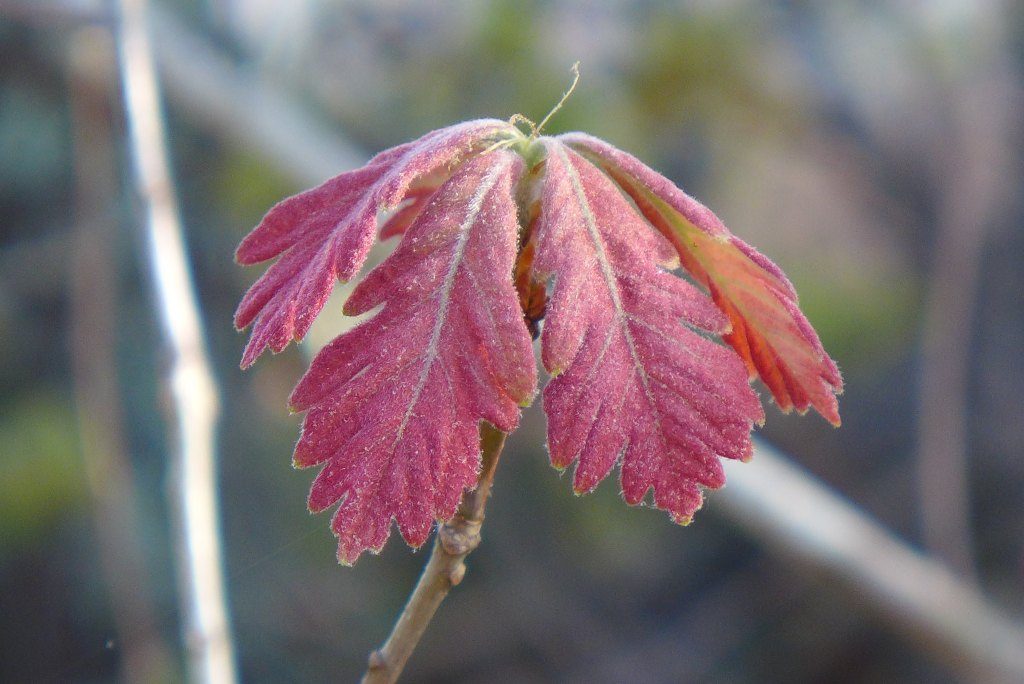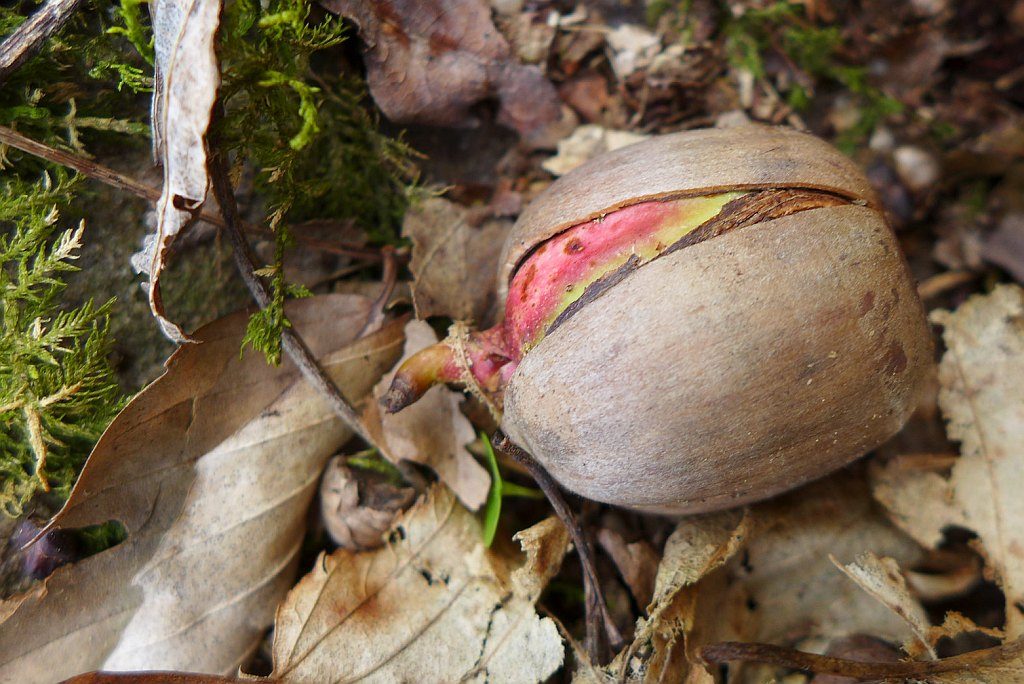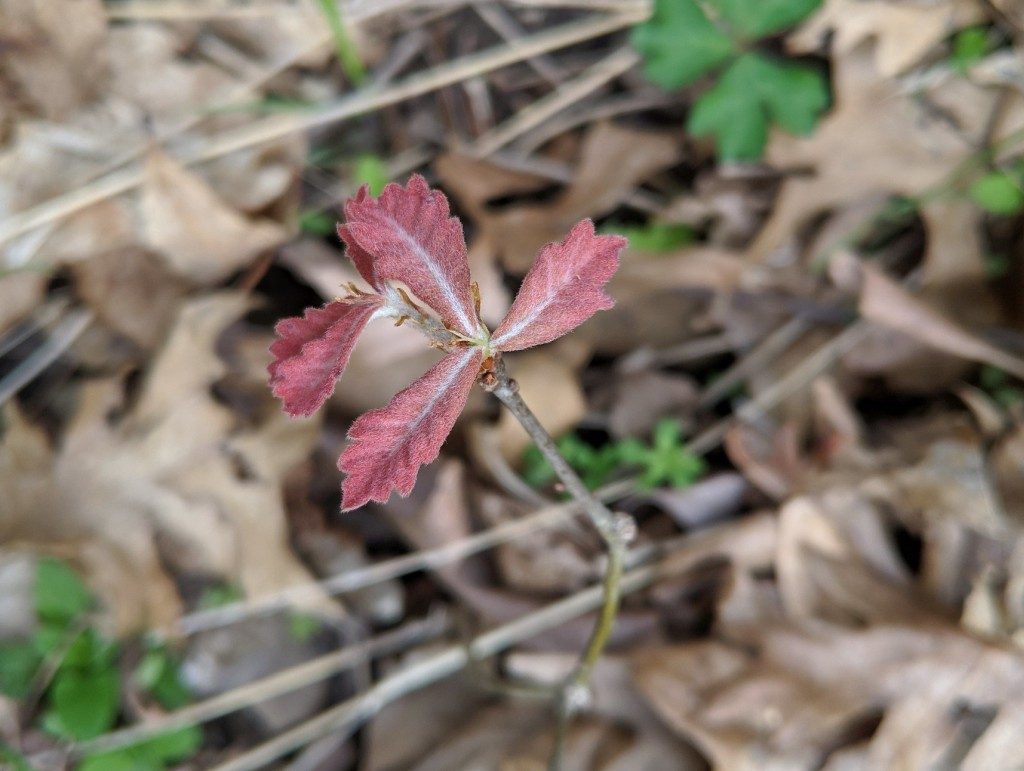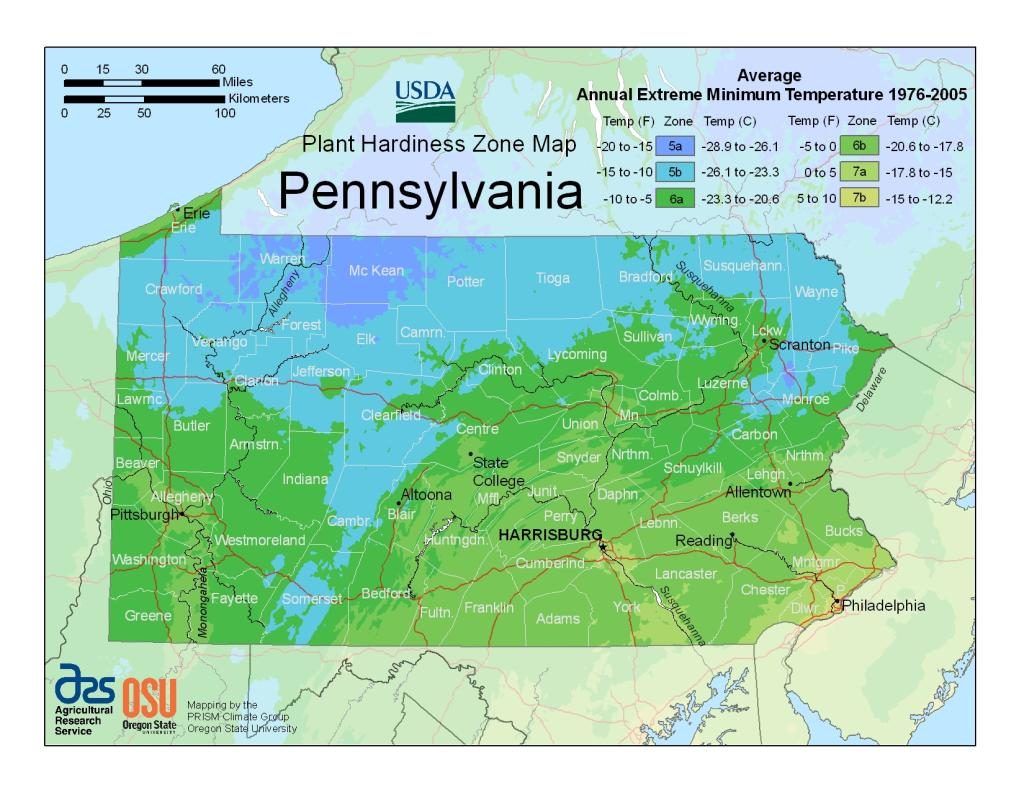
Just as our own experiences shape our response to the future, trees remember their lives as seedlings and it shapes their responses to environmental stress.
Arborists had long suspected a “nursery effect” in which transplanted trees of the same species seemed to respond differently to the same environment depending on the nursery where they were grown. A 2011 study by the University of Toronto at Scarborough used poplar tree nursery stock to examine this theory.
Poplar trees (Populus sp) are propaganted clonally so a cutting grown from a parent tree is genetically identical to the parent. The study obtained stem cuttings from the same parent poplar tree regrown in widely separated nurseries in Alberta and Saskatchewan. They then regrew the trees in Toronto under identical conditions with half exposed to drought, the other half well watered.

Amazingly the clones from Alberta responded differently than those from Saskatchewan. They even used different genes in their response.
“The findings were really quite stunning,” said Malcolm Campbell, lead author of the study. “Our results show that there is a form of molecular ‘memory’ in trees where a tree’s previous personal experience influences how it responds to the environment.”

That’s why it’s unwise to transplant a tree grown in Somerset County, PA to a backyard in Pittsburgh. The origin and destination climates are too different. The tree’s triggers are incorrectly set for its new life. (Somerset is zone 5b, Pittsburgh is 6b, on the Plant Hardiness Map).

This applies to forest trees too, even though they aren’t transplanted. Their previous experience could help their survival in the face of climate change, diseases and pests.
As winter arrives this week, watch the trees respond with their own history as a guide.
Resources: Lab Girl by Hope Jahren and Forest trees remember their roots from Science Daily
(photos by Kate St. John, map from USDA)
This is a good reason to let volunteer trees sprout and grow in your yard. They have chosen their own environment, and so are likely to thrive where they were born and raised.